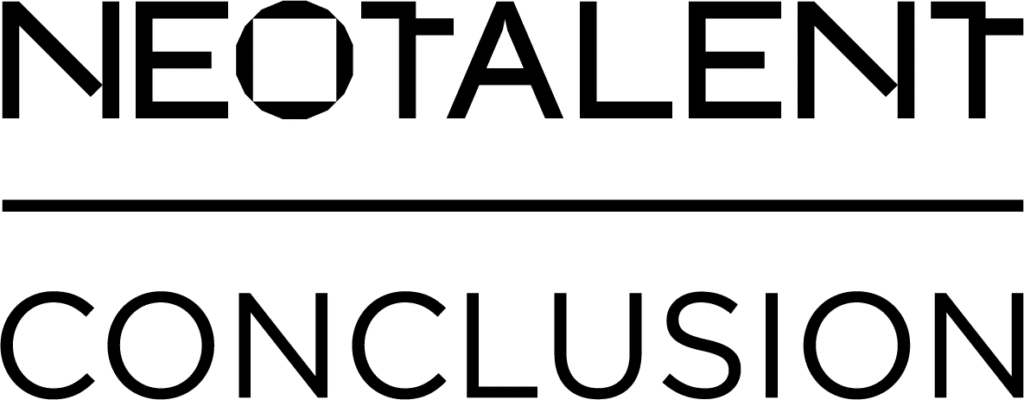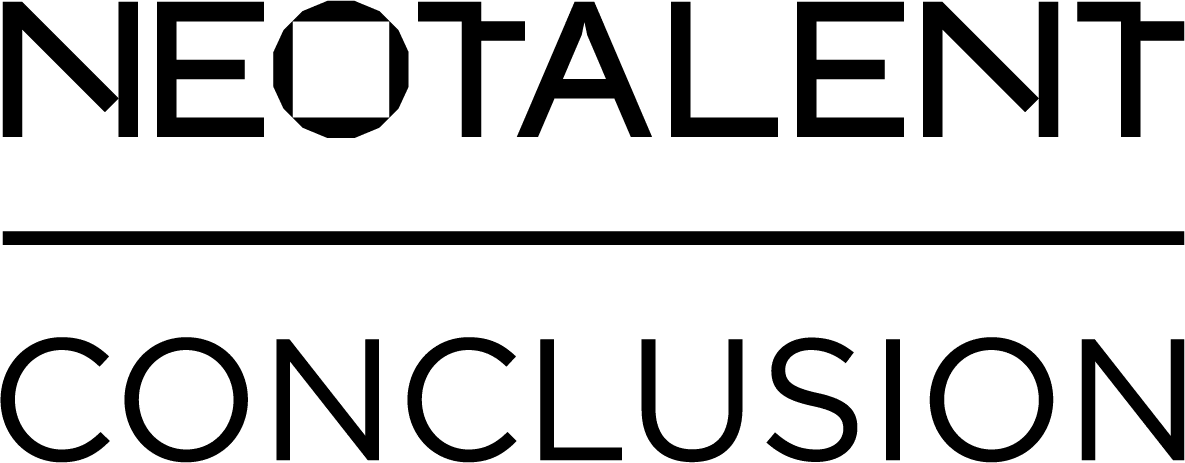In an industry historically led by men, Neotalent Conclusion is breaking the mold with a particular reality: its leadership team is predominantly composed of women. More than 80% of the company’s executive positions are held by women who have reached these roles through merit alone—without shortcuts or gender-based distinctions. In celebration of International Women’s Day, we reflect on leadership, equal opportunities, and the impact of our female leaders in the technology and engineering industries.
Beyond Gender: Leadership Rooted in Talent and Commitment
For Célia Vieira, CEO de Neotalent Conclusion, the true key to leadership lies not in gender but in the characteristics and values of each leader. “I don’t believe in a distinction between female and male leadership when it comes to corporate culture,” she states. “Leadership shapes culture, yes, but it depends on vision, leading by example, and the ability to inspire—not on gender.”
This perspective is shared by other company leaders, such as Elvira Herreros, Business Director of Neotalent Conclusion in España, who emphasizes that having women in leadership strengthens essential values such as empathy, collaboration, and communication. Zélia Raposo, Head of Business, highlights the multitasking ability as a crucial factor in female leadership: “It allows us to manage time more efficiently, adapt quickly, and develop a broader perspective on challenges.”
Meanwhile, Vera Leitão, Head of Business Support, rejects the idea of categorizing leadership as either male or female. “Strong leadership—capable of inspiring and delegating, making strategic decisions, and taking responsibility—has no gender. In our case, leadership is mostly exercised by women, which can be especially inspiring because the number of women in executive roles worldwide is still significantly lower than that of men.”
From a business strategy perspective, Joana Ricardo, Head of Marketing and Communications, stresses that diversity in leadership is not just a matter of fairness—it is a competitive advantage: “Studies show that diverse teams make better decisions. Having women in leadership is not symbolic; it is a recognition of talent and merit.” For Inês Nabais, Head of Legal, leadership is about acting with determination and clarity: “Every time I see our leaders acting fearlessly, with directness and assertiveness, I try to replicate that in my own decisions. I fully identify with this leadership approach.”
The Path to Leadership
Leadership is not a destination but a road paved with learning and resilience. Célia Vieira recalls a pivotal moment in her career that transformed her perspective on leadership. For years, she believed she had to be a “superwoman,” balancing a demanding career with personal life without showing signs of vulnerability. However, a turning point made her realize that this mindset was not only a burden for her but also projected an unattainable standard for other women. “I learned that showing vulnerability and humanity is not a weakness but a way to inspire others,” she reflects..
For Zélia Raposo stepping into a leadership role brought a fundamental shift in perspective: “The day I transitioned from being led to leading, I understood the responsibility that came with it. It was no longer just about me, but about a team I needed to guide.” Meanwhile, Edite Paulo, Client Director, emphasizes the role of communication in leadership impact: “It was in this context that I realized the profound impact that the decisions we make have—not only on the organization but also on the lives of hundreds of people. The responsibility of leading and making strategic decisions that affect so many made me reflect even more on the importance of clear communication.”
Building on this idea, Susana Correia, Head of Talent Acquisition, reminds us that no leader thrives in isolation. “No leadership is truly effective if done alone. Success requires contributions from people with diverse backgrounds, skills, and ways of seeing the world. The ability to integrate different perspectives and talents is what strengthens a true leadership culture.”
Sometimes, the most profound lessons come from difficult experiences. Vera Leitão recalls a defining moment in her career when, at another company, her contract was not renewed because her leader—a woman—suspected she was pregnant. “That was when I realized that leadership is not about being male or female; it’s about the values a leader upholds.”
Representation and Opportunity
Female leadership at Neotalent Conclusion is a defining trait of the company’s identity in the market. “Our case is unique in the industry, and that defines us,” says Zélia Raposo. For Inês Nabais, the key lies in balancing rationality and emotion in decision-making, while Elvira Herreros highlights the impact of this diversity on client relationships and fostering an inclusive corporate culture.
Vera Leitão adds that, within Neotalent Conclusion, this representation strengthens the sense of belonging: “Here, we know that career growth is not determined by gender. In our company, men and women are evaluated based on merit, and leadership positions are given to those who demonstrate the ability to take them on.”
However, all leaders agree on one key point: gender should not be a deciding factor. Célia Vieira is clear on this matter: “I have never made a decision based on whether someone was a man or a woman. I always look for the right person for the job.” Similarly, Joana Ricardo states: “True inclusion happens when we stop talking about gender and focus on talent.”
Inspiring Next Generations
Beyond individual achievements, Neotalent Conclusion’s leaders share a common goal: to inspire other women to believe in their potential and aspire to leadership roles without limitations. Edite Paulo sums it up clearly: “The future belongs to those who are willing to learn, grow, and persist. We should not fear mistakes but rather see them as opportunities for improvement.”
For Célia Vieira, the most significant impact she can have as a leader is proving that balancing personal and professional life is possible without compromising excellence. “You don’t have to give up having a family to have a successful career. Sacrifices can be made, but the journey doesn’t have to be about giving things up.” From her own experience, Susana Correia adds another crucial point: “My career at Neotalent Conclusion has shown me that leadership and motherhood are not opposites but complementary forces. They form a powerful combination of skills that contribute to creating more human and collaborative work environments.”
The future of female representation in the tech industry remains a challenge. Joana Ricardo warns that the gender gap is not limited to leadership roles but also affects technical areas: “When women are absent from the technology development process, products and services fail to meet their needs.”
Regarding the evolution of female representation in the workforce, Vera Leitão argues that it is not just about achieving numerical balance but also ensuring pay equity. “It is well known that women in Portugal still earn less than men for performing the same roles. It is up to today’s and future leaders to change this reality.”
Leadership Without Labels
At Neotalent Conclusion, leadership is not defined by gender but by effort, commitment, and vision. The company stands as an example that equal opportunities become a reality when talent is prioritized—without barriers or labels. And within this reality, its leaders—mostly women—are paving the way for future generations to understand that leadership is not about gender; it is about impact.





